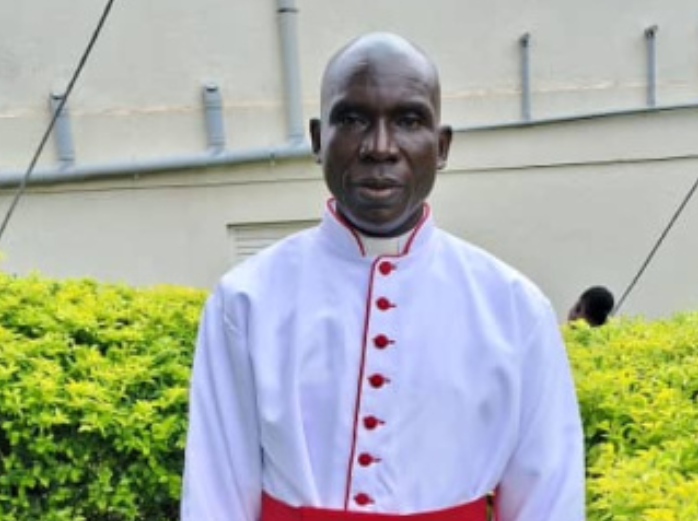Former Leader of Opposition, Winnie Kiiza, has dismissed claims that Uganda is a poor country, arguing that such descriptions arise because the nation’s leaders manage it with a “kiosk mentality.”
Speaking at Parliament during the presentation of the 2025/26 Alternative Budget, Kiiza emphasized that Uganda’s financial struggles stem from mismanagement rather than a lack of resources.
According to the Inspectorate of Government, Uganda loses Shs 10 trillion annually to corruption-related dealings. This pervasive corruption has resulted in a loss of trust in government, poor infrastructure, project delays, low investment, inadequate social service delivery, and even loss of life.
The 2023 Corruption Perceptions Index (CPI) ranks Uganda 141 out of 180 countries, with a score of 26 out of 100—where zero represents a highly corrupt system and 100 signifies a very clean one.
“Uganda is not a poor country, as many believe or as our leaders want us to think. Uganda suffers from poor leadership, with a management style comparable to running a kiosk. Corruption has become so entrenched that it is now institutionalized; in Museveni’s government, if you are not corrupt, the system may push you out. You appear alien if you are not corrupt in this administration,” Kiiza stated.
She further highlighted that over Shs 316 billion is lost in the medical field due to corruption, particularly from expired drugs. “Can you imagine a country having expired drugs while Ugandans die due to a lack of medical supplies in rural areas? Over Shs 316 billion is wasted due to corruption. We know that healthy nations are built by healthy populations. If leaders cannot ensure the well-being of their people, are they truly worthy of being called leaders?” she questioned.
The President of the National Unity Platform (NUP), Robert Kyagulanyi Sentamu, popularly known as Bobi Wine, echoed similar sentiments, stating that there is no better place to discuss corruption than in Parliament itself, which he described as the “High Temple of Corruption.”
“There is no better place to talk about corruption than here, in the Parliament of Uganda, which has recently distinguished itself as the epicenter of corruption. This Parliament has been at the heart of the most outrageous scandals, shamelessly siphoning taxpayers’ money,” Kyagulanyi remarked.
He criticized Parliament for recent scandals, particularly involving the Speaker of Parliament and government ministers accused of misappropriating iron sheets meant for the impoverished people of Karamoja. “We have seen the Speaker of Parliament and government ministers share iron sheets meant for the poorest Ugandans. We have also seen the Leader of Opposition rewarded before even proving himself in the role,” he added.
Leader of Opposition in Parliament, Joel Ssenyonyi, condemned the government’s reckless spending on fraudulent projects while neglecting essential services, calling it a betrayal of the social contract with Ugandans.
“Many Ugandans are forced to seek treatment abroad or suffer in poorly equipped health facilities. These fraudulent projects have become channels for siphoning public funds, entrenching a kleptocratic system that prioritizes elite interests over national development,” Ssenyonyi noted.
He emphasized that the proposed Alternative Budget priorities are based on principles of equity and fiscal responsibility, aiming to realign Uganda’s financial strategies to better serve its people.





















